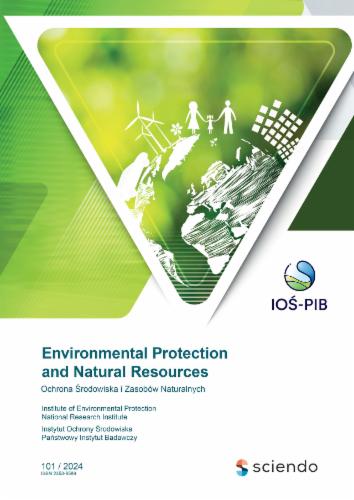Antioxidant response of Lepidium sativum L. to oxidative stress induced by exposure to chosen heavy metals
Pubblicato online: 23 mag 2025
Pagine: 21 - 32
DOI: https://doi.org/10.2478/oszn-2025-0003
Parole chiave
© 2025 Beata Smolińska et al., published by Sciendo
This work is licensed under the Creative Commons Attribution-NonCommercial-NoDerivatives 3.0 License.
Soil contamination with heavy metals is a significant concern, resulting in adverse effects on soil properties and limitations on both its productivity and its environmental capabilities. The aim of this study was to determine the response of
This study compared the antioxidant responses of the plant to different heavy metals. Based on the obtained results, it can be seen that heavy metal ions induced oxidative stress, which caused an activation of the antioxidant response system through the enhanced production of secondary metabolites such as phenolic compounds, ascorbic acid, and glutathione, as well as an increase in the activity of particular enzymes: catalase (CAT), superoxide dismutase (SOD), guaiacol peroxidase (POD), and glutathione transferase (GSTs). It can thus be concluded that in response to oxidative stress caused by Zn, Ni and Cu,
